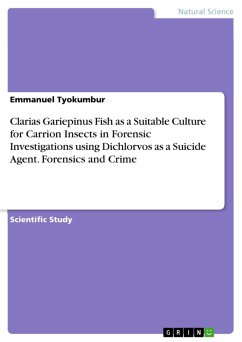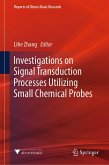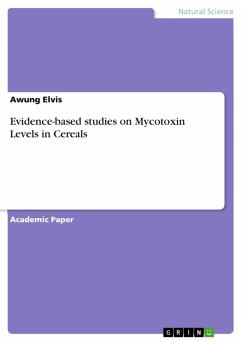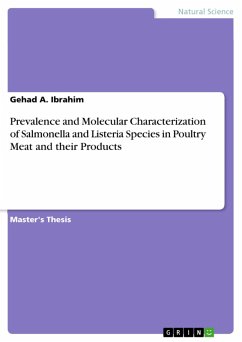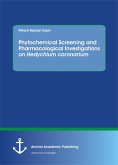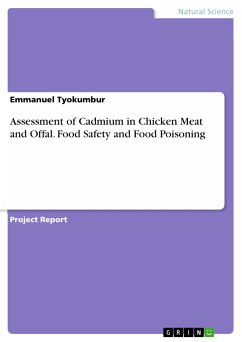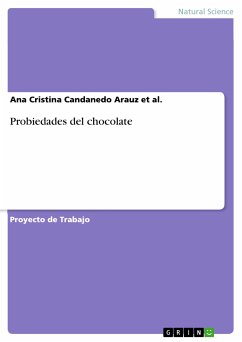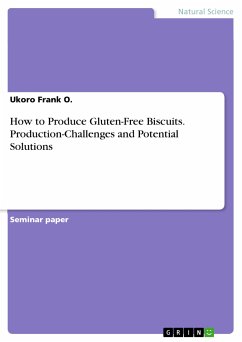Scientific Study from the year 2023 in the subject Chemistry - Food Chemistry, grade: A, University of Ibadan, language: English, abstract: A study was carried out on the forensic entomotoxicological evaluation of carrion insects of fishes poisoned with dichlorvos on the main campus of the University of Ibadan. Fishes (Clarias gariepinus) for the study were obtained from the fish farm on the University Campus. The fishes were then euthanized with 5ml of dichlorvos while the control was without poison. Adult carrion insects were collected from the fish carrion using a sweep net. The larvae were collected into a bowl by using a scoop, immobilized with hot water and later placed in sample bottles containing 70% ethanol. Pupae were collected using forceps. Carcass temperature was measured using infrared thermometer while relative humidity was recorded from a digital hygrometer. Calliphoridae and Muscidae were the initial pioneers of the decomposing carcass and were seen during the fresh stage, sarcophagidae was seen shortly after the fresh stage of decomposition. The highest mean temperature value for the fish treated with 5ml Dichlorvos was 31.30C while its lowest mean value was 22.60C. It was observed that the temperature on the ninth day was higher than the other days. This is attributed to the heat generated by the active maggots at that stage of decomposition. Dichlorvos was found to retard the growth of carrion larva as shown in Musca domestica larvae when compared with the control. Fast decomposition rate was recorded due to high ambient and carcass temperature. It can be concluded from this study that carrion insects can be used in solving crime puzzles through the extrication of post mortem intervals in conjunction with environmental variables. Since fish carrion in this study attracted a sizable number of carrion insects, it is recommended that fish be used in future forensic case and experimental studies.
Dieser Download kann aus rechtlichen Gründen nur mit Rechnungsadresse in A, B, BG, CY, CZ, D, DK, EW, E, FIN, F, GR, HR, H, IRL, I, LT, L, LR, M, NL, PL, P, R, S, SLO, SK ausgeliefert werden.
Hinweis: Dieser Artikel kann nur an eine deutsche Lieferadresse ausgeliefert werden.

